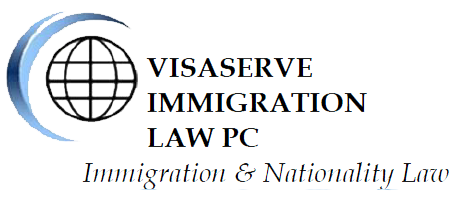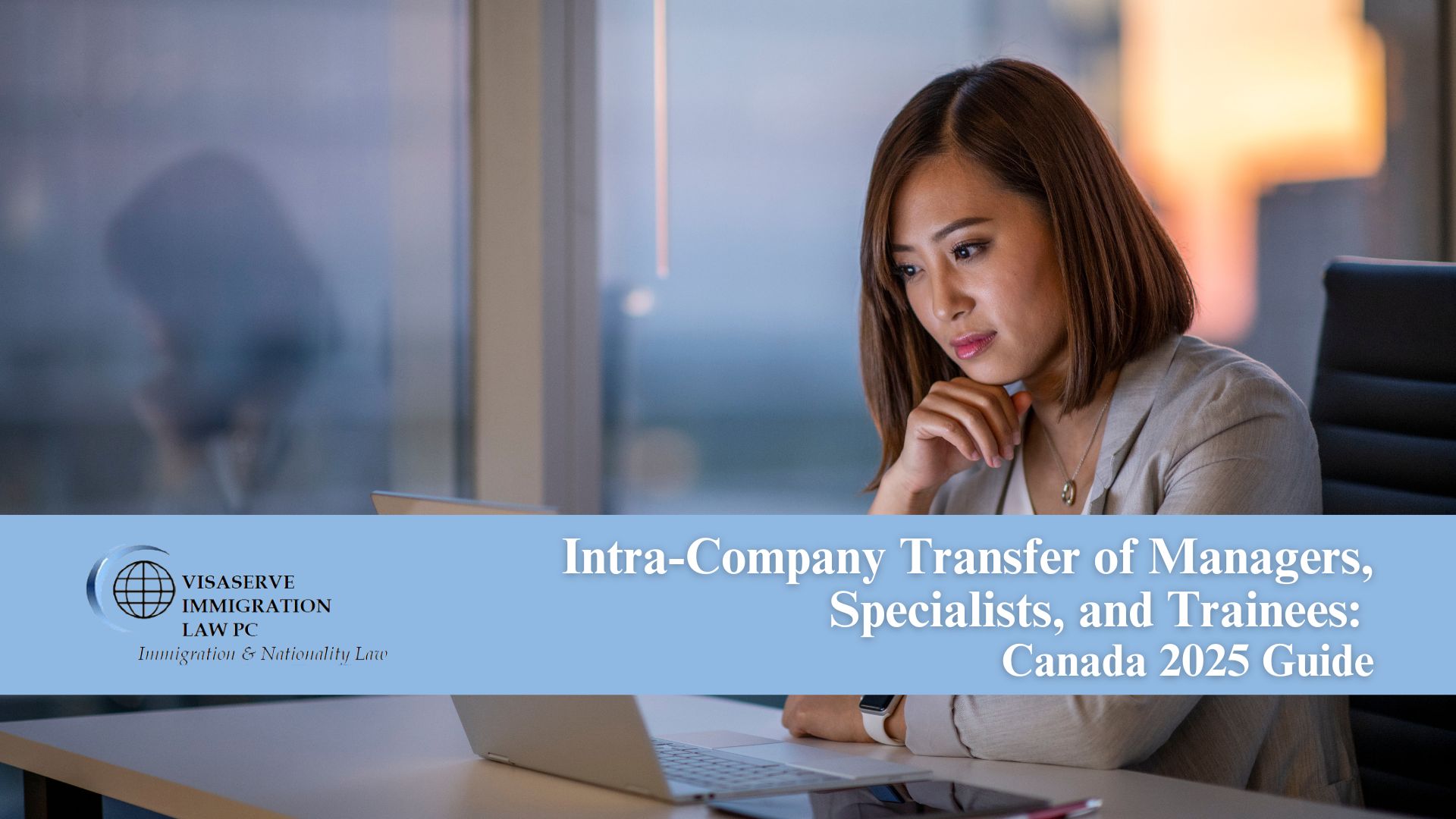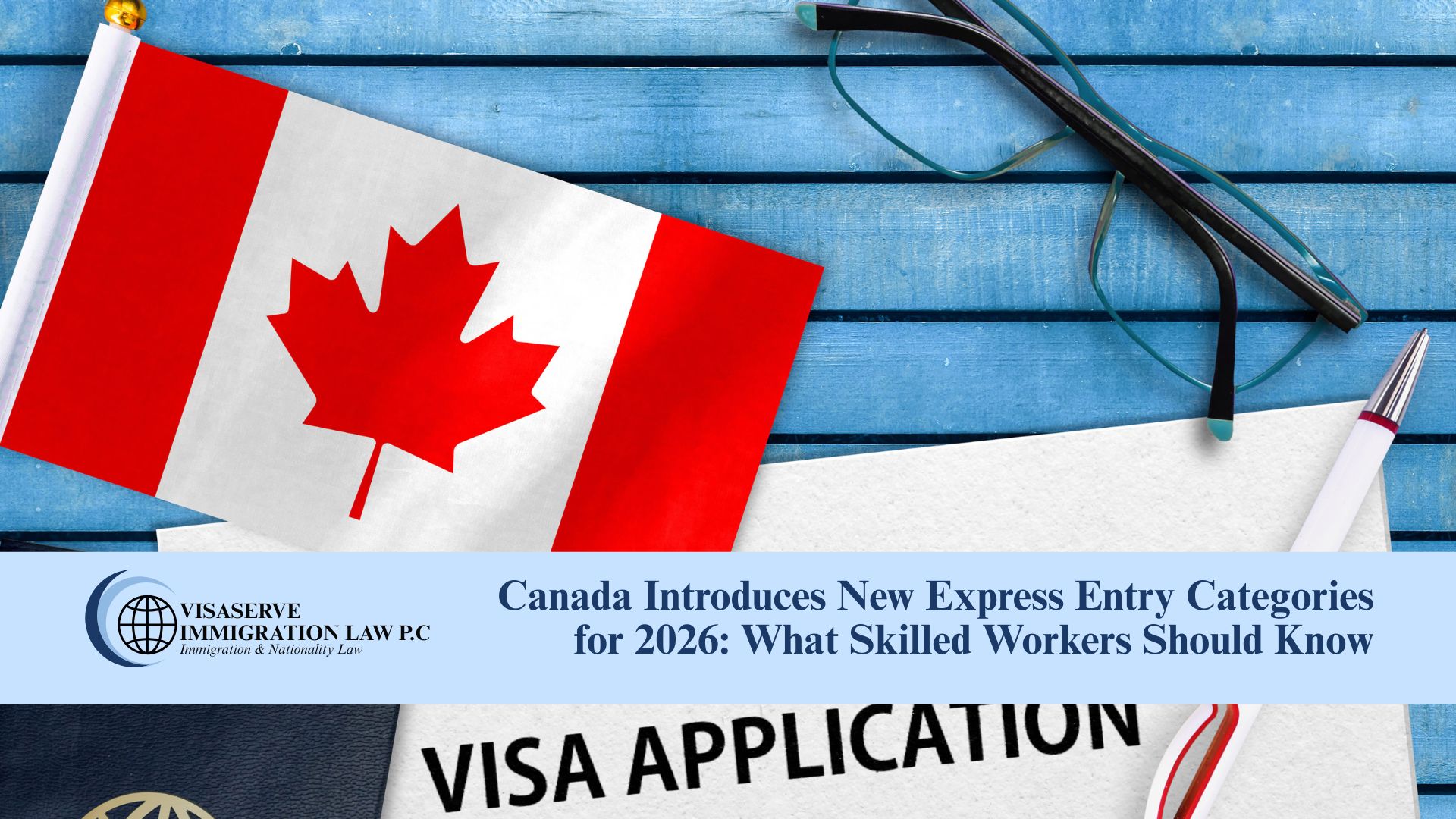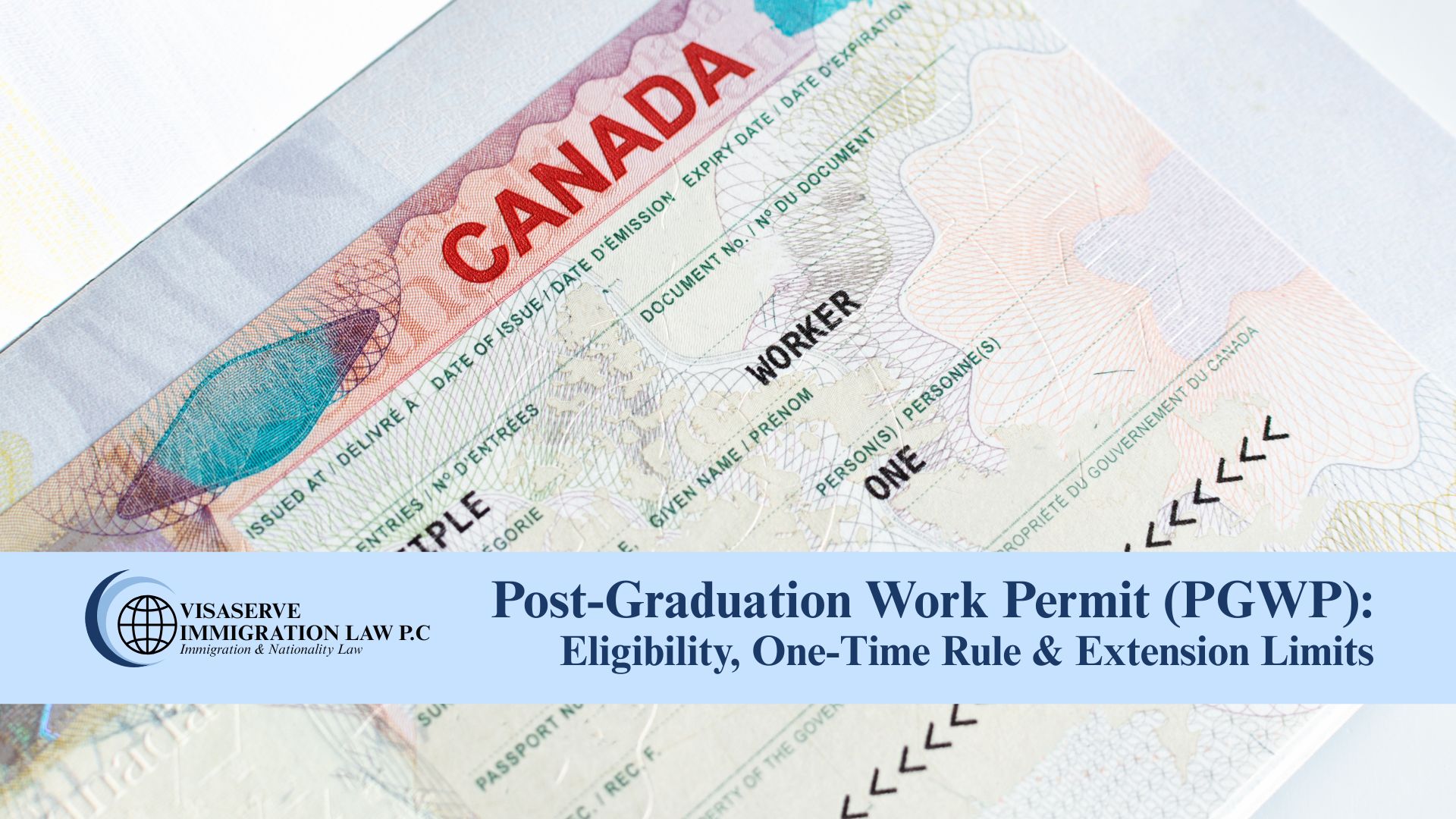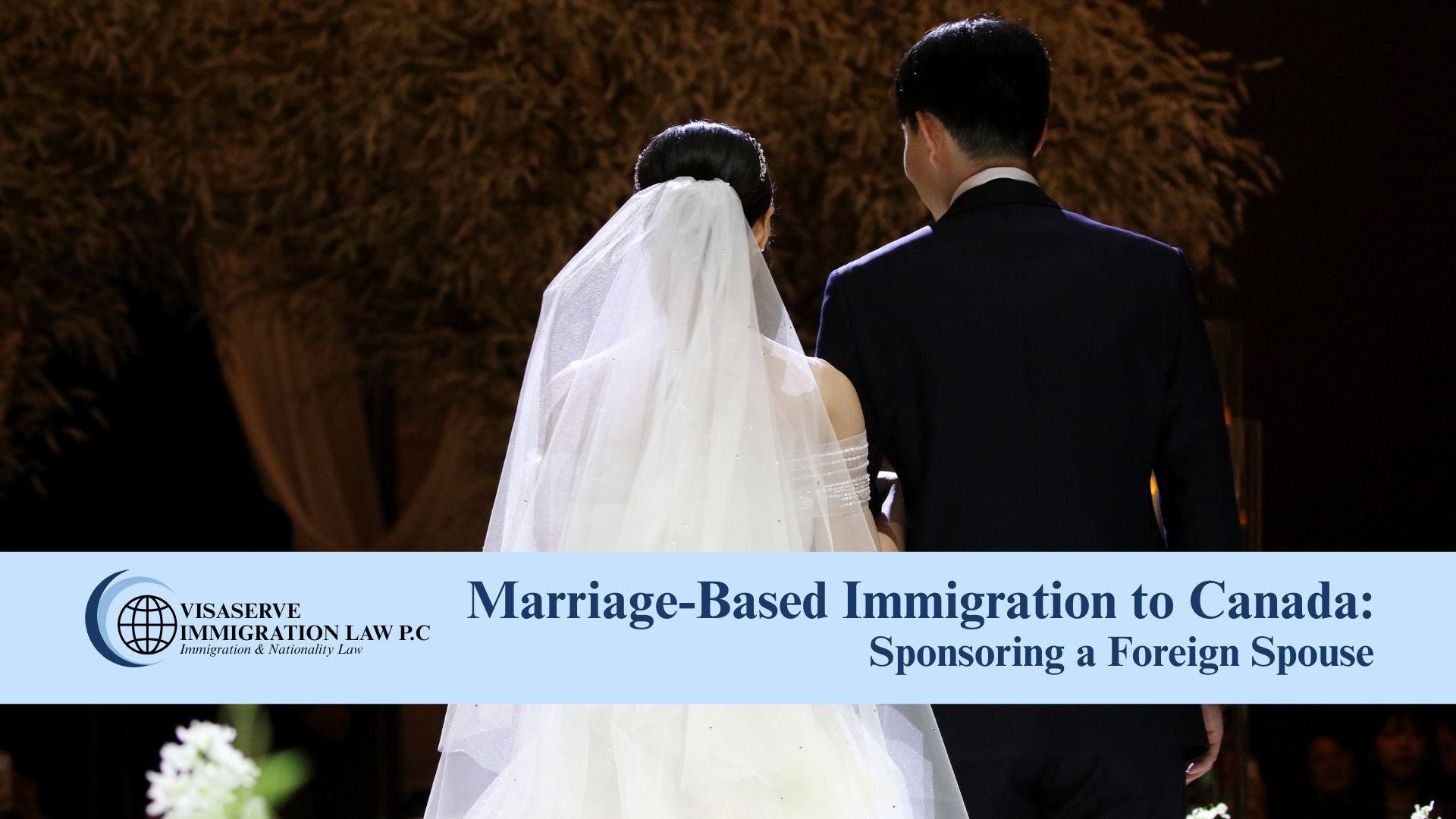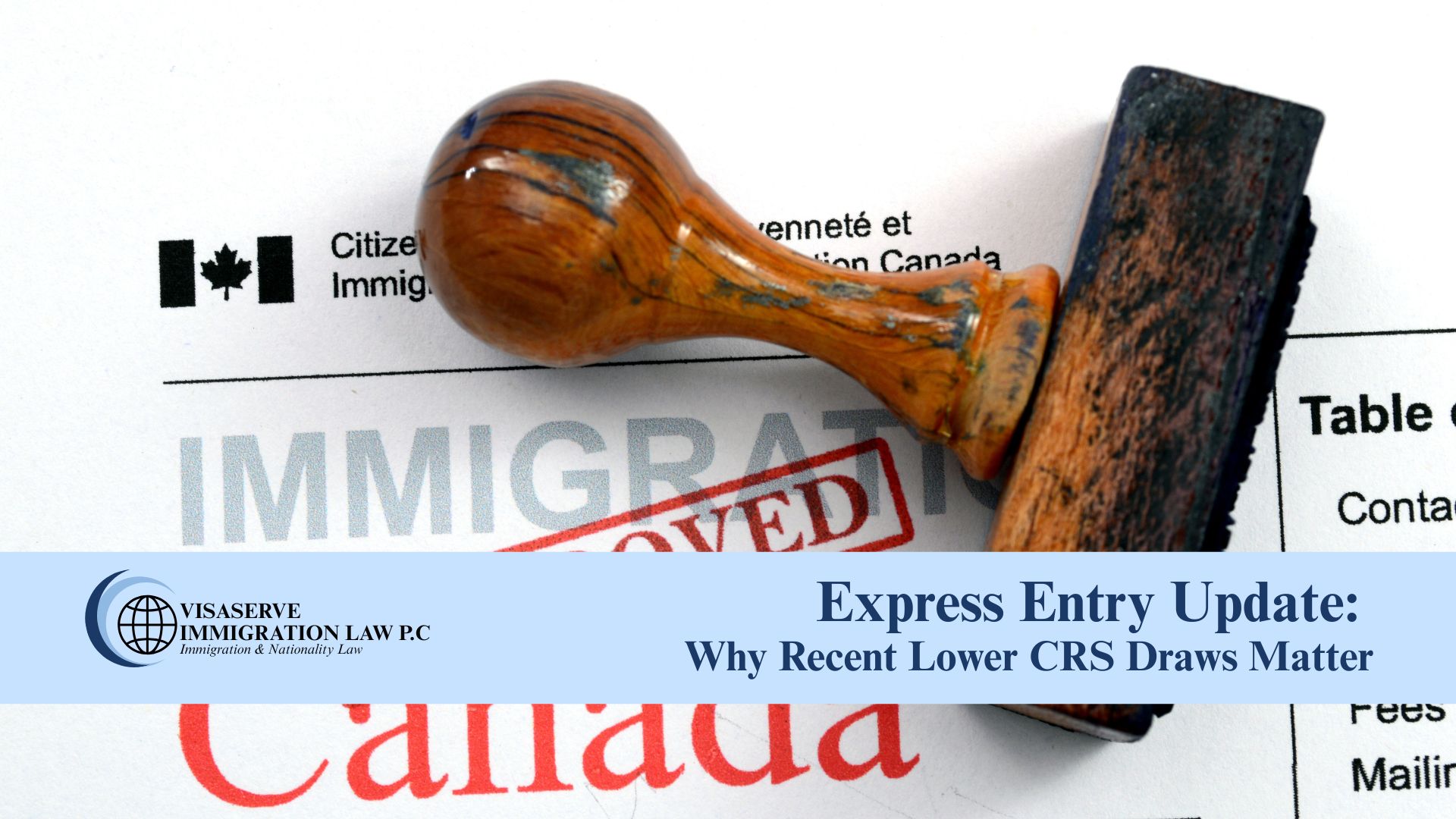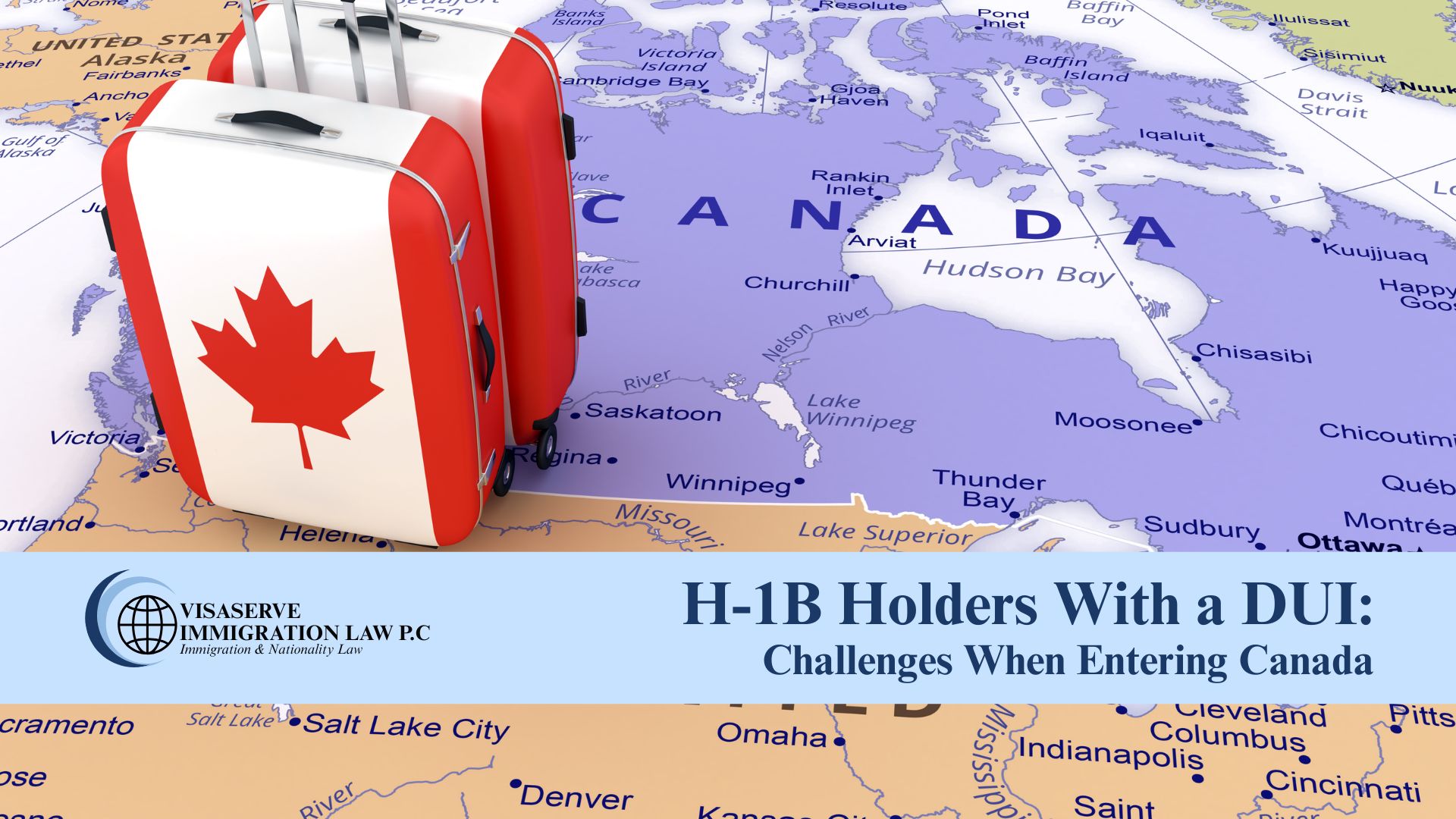For global businesses expanding operations to Canada, the Intra-Company Transfer (ICT) program offers a streamlined pathway for key employees to obtain Canadian work permits. The program allows executives, managers, specialized knowledge workers, and trainee employees of multinational corporations (MNCs) to temporarily work in Canadian affiliates, subsidiaries, branches, or parent companies.
This 2025 guide outlines the eligibility requirements, application process, and compliance considerations for intra-company transfers based on the International Mobility Program (IMP), specifically under R205(a) of the Immigration and Refugee Protection Regulations (IRPR).
All information provided is corroborated with the IRCC’s official guidelines and current policies as of 2025.
What Is an Intra-Company Transfer?
An Intra-Company Transfer (ICT) allows qualified foreign workers employed by multinational enterprises to temporarily transfer to Canada to work in:
-
Executive or managerial roles
-
Specialized knowledge positions
-
Roles establishing new Canadian operations
ICTs are processed under Canada’s International Mobility Program (IMP) and are Labour Market Impact Assessment (LMIA)-exempt due to the significant economic and cultural benefit they bring to Canada.
Who Can Apply for an Intra-Company Transfer?
Eligibility Criteria
According to IRCC guidelines, applicants must meet the following requirements:
-
Current Employment: Must be employed outside Canada by an MNC in an executive, managerial, or specialized knowledge role.
-
Duration of Employment: Must have worked continuously for at least 1 year (full-time) within the past 3 years for the MNC.
-
Qualifying Relationship: The Canadian employer must have a parent, subsidiary, branch, or affiliate relationship with the foreign employer.
-
Temporary Transfer: The transfer must be for a temporary period, and the foreign employer must maintain the applicant’s position for return upon completion.
-
Business Operations: Both the foreign and Canadian enterprises must be actively engaged in business during the entire period of the transfer.
ICT Categories & Codes
| Category | Administrative Code | Maximum Duration |
|---|---|---|
| Establishing New Canadian Enterprise | C61 | 1 year (extensions rare) |
| Executive or Managerial Transfer | C62 | 3-year initial, up to 7 years total |
| Specialized Knowledge Transfer | C63 | 3-year initial, up to 5 years total |
Key Definitions
Executive Capacity (C62)
Executives direct the management of the company or a major division, set company policies, and exercise decision-making authority with minimal supervision. This category typically corresponds to TEER 0 roles under Canada’s National Occupational Classification (NOC).
Managerial Capacity (C62)
Managers supervise other managers, professionals, or essential business functions. They oversee operations and make personnel decisions. These roles typically fall under TEER 1.
Specialized Knowledge (C63)
Applicants must possess advanced proprietary knowledge and expertise unique to the enterprise. This knowledge must be uncommon in the industry and critical to the Canadian branch’s operations. Applicants typically hold positions in TEER 0, 1, or 2, though exceptions exist for those with rare, proprietary knowledge.
ICT for New Business Setup (C61)
ICT applicants may also transfer to establish a new Canadian enterprise, provided the foreign enterprise is already an MNC. Requirements include:
-
Business Plan: Outlining operations, HR structure, and financial projections.
-
Commercial Premises: The new Canadian business must secure physical premises.
-
Financial Capacity: Proof of sufficient funds to support startup operations.
-
Viable Enterprise: The new Canadian branch must actively engage in business within the first year.
Extensions beyond the initial 1-year C61 work permit are rare and only granted in cases of unavoidable delays.
Application Process
Required Documentation
Applicants must provide:
-
Proof of current employment with an MNC
-
Evidence of qualifying business relationship (parent, subsidiary, affiliate, or branch)
-
Employer’s job offer submitted through the Employer Portal
-
Description of role and responsibilities in Canada
-
Proof of education and specialized training (if applicable)
-
Business plan (for new enterprise establishment)
-
Supporting evidence of significant economic or cultural benefit to Canada
Wages & Compliance
Employers must pay wages consistent with Canadian prevailing wage rates, regardless of where or how employees are paid. Non-cash benefits (such as housing allowances) cannot substitute for wages.
ICT Duration Limits
| Role | Max Duration in Canada |
|---|---|
| Executives & Managers | Up to 7 years |
| Specialized Knowledge Workers | Up to 5 years |
After reaching the maximum period, individuals must work for at least 1 year outside Canada before reapplying.
Compliance and Employer Obligations
Employers must:
-
Ensure the foreign national performs only the duties stated in the work permit
-
Maintain clear employer-employee relationships in Canada
-
Avoid using ICTs to fill general workforce needs
Non-compliance may lead to penalties and future ICT refusals.
Final Thoughts
Canada’s Intra-Company Transfer Program provides multinational companies a practical route to expand into the Canadian market while transferring essential talent. However, the process is document-intensive and requires strict adherence to IRCC’s guidelines.
Contact Us
For personalized legal guidance on Intra-Company Transfers to Canada, contact Visaserve Immigration Law P.C. today to schedule a consultation.
